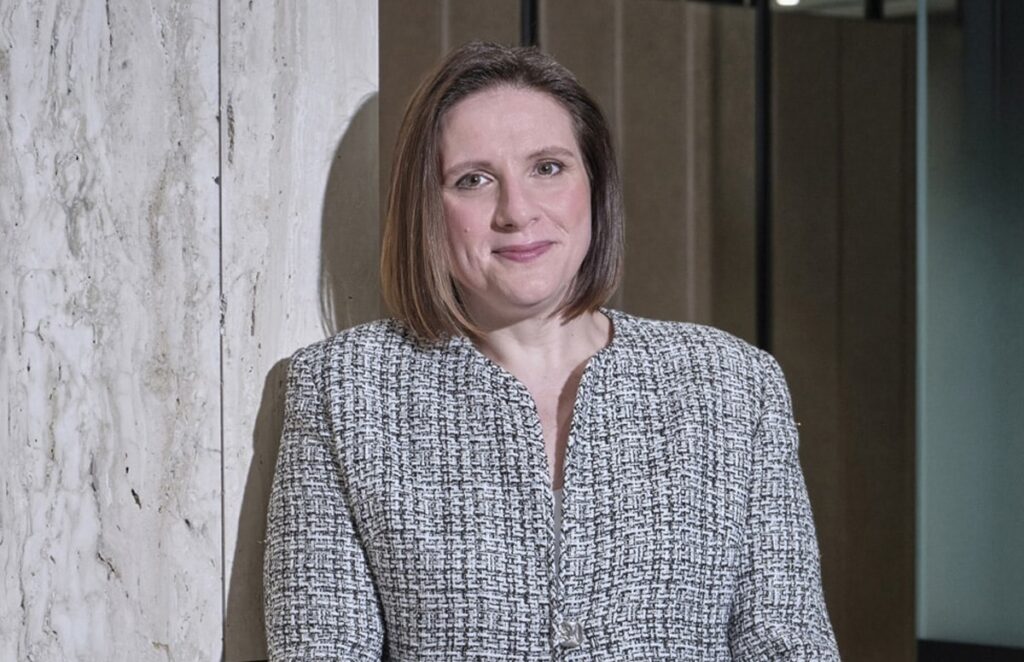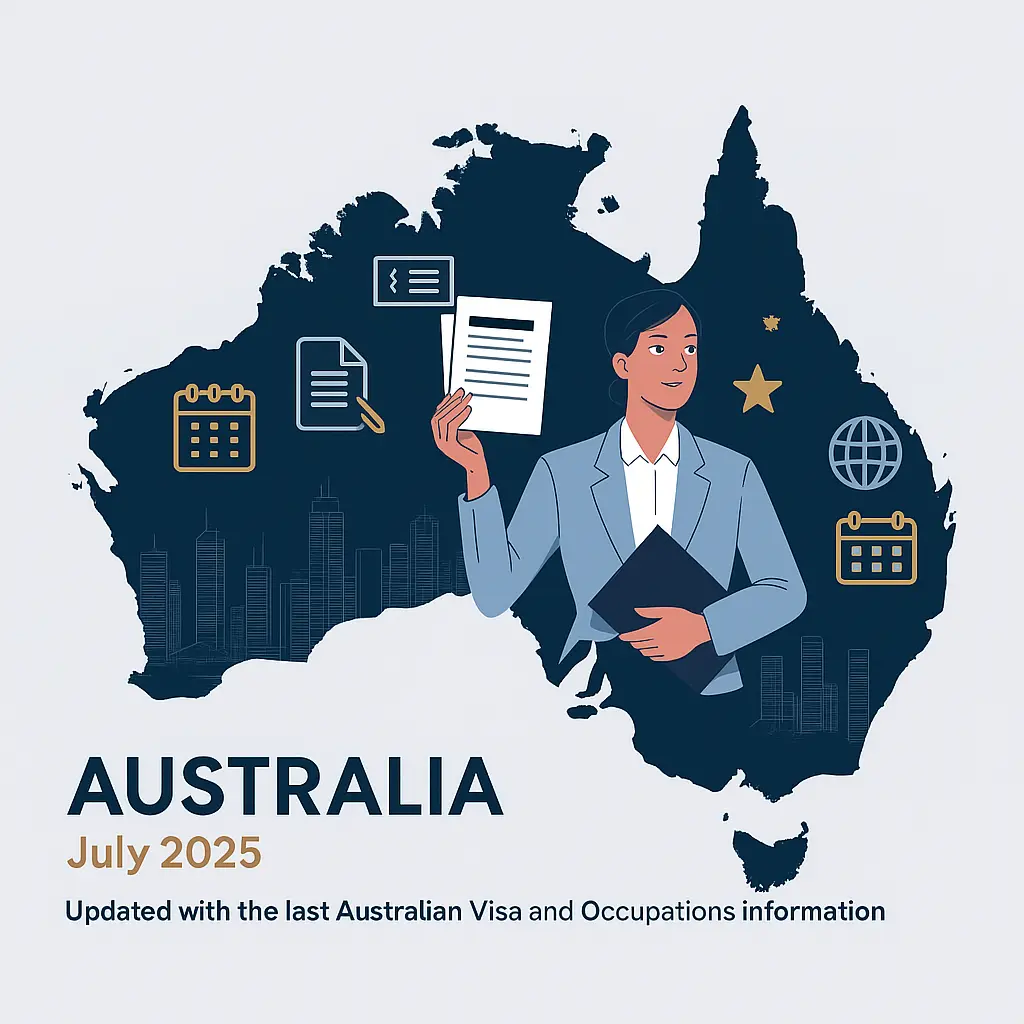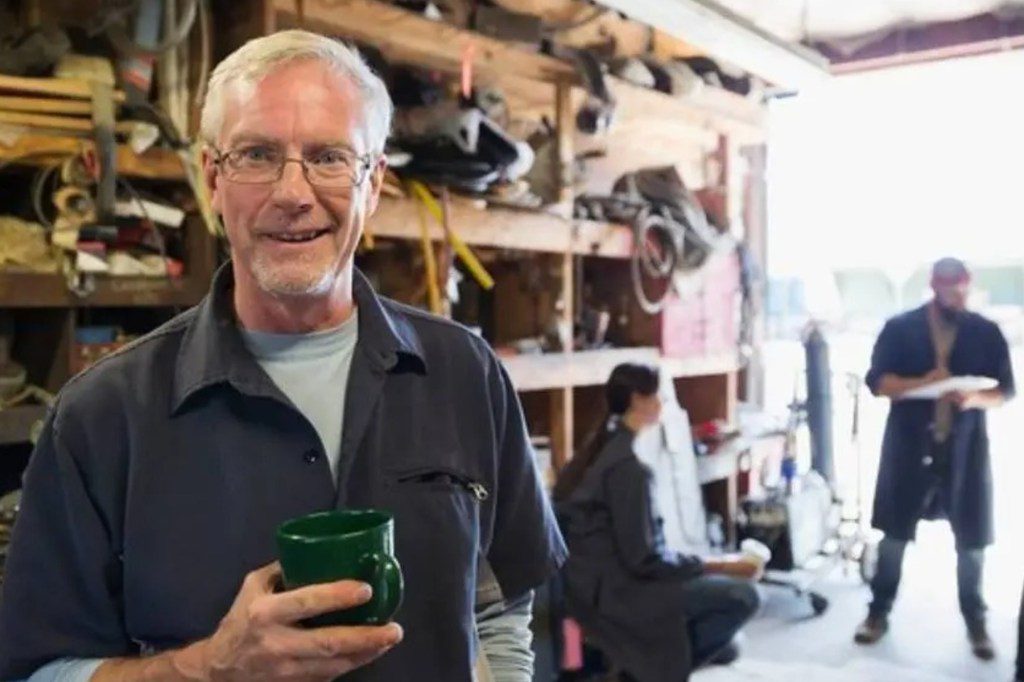ATO and Home Affairs Boost Monitoring of Skilled Visa Compliance for Employers

Understanding Australia’s Skilled Migration Compliance Changes
Australia is ramping up its efforts to ensure that employers comply with regulations regarding skilled visa holders. This is particularly relevant for those looking into visa sponsorship or considering a move for work.
What is Happening?
Rebecca Thomson, a principal lawyer at BDO Migration Services, has highlighted a “significant escalation” in compliance monitoring by the Australian government. A new initiative will enable a data-matching process between the Department of Home Affairs and the Australian Taxation Office (ATO). Essentially, this means records for about 58,000 subclass 482 Temporary Skill Shortage visa holders will be cross-checked with payroll data from their sponsoring employers.
Why Does This Matter?
Thomson describes this shift as moving from passive audits to proactive, real-time monitoring. This new approach will assess if employers are fulfilling their sponsorship obligations. This includes verifying that sponsors are paying the right salary, adhering to the nominated role, and ensuring visa holders are exclusively working for their approved sponsor.
Any inconsistencies between what was approved during the visa process and what is reflected in payroll records could trigger an investigation. This means that compliance is no longer just expected; it’s actively being checked. Employers can’t assume they’re meeting their obligations simply because they haven’t faced scrutiny yet.
Implications for Job Seekers
For international job seekers, particularly those eyeing permanent residency (PR) in Australia, understanding these compliance changes is crucial. The new measures highlight the importance of employers having solid internal processes and accurate payroll systems, not just during the application phase but throughout the sponsorship’s duration.
If you’re considering options like the 189 visa for skilled workers or the 190 visa for state-nominated applicants, it’s essential to engage with employers who maintain robust compliance measures. Ensuring that your future employer values compliance can provide peace of mind as you make your move to Australia.
What Should Employers Do?
Industries such as healthcare, construction, IT, and hospitality should view this program as a serious wake-up call. Thomson advises employers to review their employment contracts, contractor arrangements, and internal controls now. With the ATO and Home Affairs collaborating closely, compliance checks will become more precise and much harder to contest later.
Being proactive about compliance is no longer optional; it’s essential to maintain a good standing in the skilled migration landscape. Employers who prioritise this rigor will be better positioned to support international talent and foster a steady stream of skilled workers into Australia.
Have your say!
Got a question, opinion, or experience to share about working in Australia? Leave a comment below and join the conversation.
Thinking about moving to Australia? Have questions or need help?
Join our free and supportive community here at Oz Visa Forum.
Post in our forums to get advice and support from people who’ve already made the move Down Under.
Not sure where to start? Click here to get started







Responses